In recent years, apple cider vinegar (ACV) has gained widespread attention for its health benefits and natural properties. From its use in home remedies to culinary delights, ACV's versatility is evident. Given its eco-friendly nature, it's not surprising that gardeners and plant enthusiasts are curious about its potential in plant care, particularly with succulents. This article goes over the do's and don'ts of using ACV with succulents.
Benefits of Using Apple Cider Vinegar for Succulents
Apple cider vinegar, with its myriad of natural properties, has been championed in various sectors from health to household cleaning. When it comes to horticulture, particularly the care of succulents, ACV presents a set of intriguing benefits that might just elevate your gardening game.
- Natural Fungicide: Fungal infections can be a bane for many plant enthusiasts, particularly when dealing with succulents. These infections are often a result of overwatering or stagnant water. Apple cider vinegar, when used in its diluted form, possesses antifungal properties that can effectively combat these fungal infestations. It disrupts the growth and spread of fungi, offering succulents a healthier environment for growth.
- Soil pH Balancer: The pH of soil plays a pivotal role in determining the health of a plant. Some succulents thrive in slightly acidic conditions. Using apple cider vinegar can be an eco-friendly method to achieve this balance. By introducing a small amount of ACV, the soil's pH can be gently shifted towards the acidic side. However, it's vital to monitor this closely, ensuring that the soil doesn't become too acidic for the succulent to thrive.
- Pest Deterrent: Pests are a perpetual challenge for gardeners. Apple cider vinegar, with its strong aroma and acidic constitution, acts as a natural deterrent. While it won't necessarily kill pests, it can deter them from settling and feeding on succulents. Its smell can ward off specific insects, ensuring that your plants remain pest-free for longer durations.
Apple cider vinegar's versatility has made it a popular choice in various domains, from health to cleaning. In succulent care, ACV emerges as a multifunctional aid. Its antifungal properties can be a strong defense against fungal invasions, especially those sprouting from overwatering. It also presents an eco-friendly solution to tweak the soil pH, especially for succulents that thrive in mildly acidic environments.
Dangers of Using Apple Cider Vinegar on Succulents
However, like any tool or treatment, it's essential to approach the use of apple cider vinegar with a dose of caution. The same attributes that make it beneficial can, under certain circumstances, pose threats to the delicate balance of succulent health.
- Potential Over-Acidity: Just as ACV can be used to balance soil pH, its misuse can lead to complications. Using ACV in high concentrations or without dilution can make the soil excessively acidic. In such conditions, succulents may find it challenging to absorb nutrients, leading to stunted growth or even root burns.
- Risk of Overwatering: One of the most common mistakes in succulent care is overwatering. When ACV is incorporated into the watering regimen, it can inadvertently increase moisture content, especially if not well-drained. This can cause root rot, a condition detrimental to succulents. It's imperative to monitor the watering schedule and ensure succulents are not sitting in stagnant water.
- Damage to Protective Leaf Coating: Nature has equipped succulents with a protective waxy layer on their leaves. This layer is essential for retaining moisture and protecting the plant from external threats. However, undiluted ACV can strip this protective layer, making the succulent vulnerable to environmental stresses, diseases, and pests.
While apple cider vinegar offers an array of benefits, its misuse can tilt the scale towards harm. ACV, if applied excessively or in its concentrated form, can make the soil exceedingly acidic, creating an environment where succulents struggle to flourish.
Also, its addition to the watering routine might exacerbate the ever-prevalent problem of overwatering, which can lead to disastrous outcomes like root rot. Therefore, it’s important to take care with ACV, or you could end up doing more harm than good.
Best Practices
Navigating the landscape of natural remedies, especially in plant care, requires a balanced approach. To reap the benefits of apple cider vinegar without inadvertently causing harm, it's essential to adhere to some best practices that safeguard the health and vitality of your succulents.Top of Form
- Always Dilute: ACV is potent, and its concentrated form can cause more harm than good. To ensure its benefits while avoiding potential risks, always dilute it. A ratio of one tablespoon of ACV to a gallon of water strikes a balance that's generally safe for most succulents.
- Test First: Every succulent species is unique, and what works for one might not work for another. Before applying an ACV solution to all your plants, test it on a small section or a single plant. Observe for any reactions, and proceed only if there are no adverse effects.
- Monitor Soil pH: Maintaining optimal soil pH is crucial. If using ACV as a pH balancer, ensure you regularly check the soil's pH levels. Investing in a simple pH meter can be invaluable in ensuring your succulents are always in the most conducive soil environment.
Treading the path of natural remedies, especially in the domain of plant care, requires caution and knowledge. While apple cider vinegar holds potential benefits, harnessing them without causing inadvertent harm requires adopting a measured approach. This includes the crucial step of diluting ACV, ensuring that its potency doesn't turn detrimental.
Prior to widespread application, a spot test can save many succulents from potential harm, taking into account the diversity among succulent species. Moreover, should you choose to employ ACV as a soil pH moderator, vigilance in regularly monitoring the pH can ensure that your succulents thrive in an optimal environment.Top of Form
Final Thoughts
So, to sum it all up, the multifaceted nature of apple cider vinegar offers gardeners a natural avenue for enhancing succulent care. From its fungicidal attributes to its ability to balance soil pH and deter pests, ACV has the potential to be a game-changer.
However, its potency also means that it comes with its own set of challenges and risks. Just as every plant is unique, the approach to its care should also be individualized and well-researched. By placing emphasis on understanding each succulent's specific needs and requirements, you can harness the benefits of ACV without incurring its potential downsides.
When used correctly, and with moderation, ACV can seamlessly fit into your eco-friendly gardening toolkit, lending support in a sustainable manner. Yet, it's pivotal to always bear in mind the timeless gardening adage: less is often more. It's this balanced approach that will ensure that both your succulents and the environment they thrive in remain healthy and vibrant.
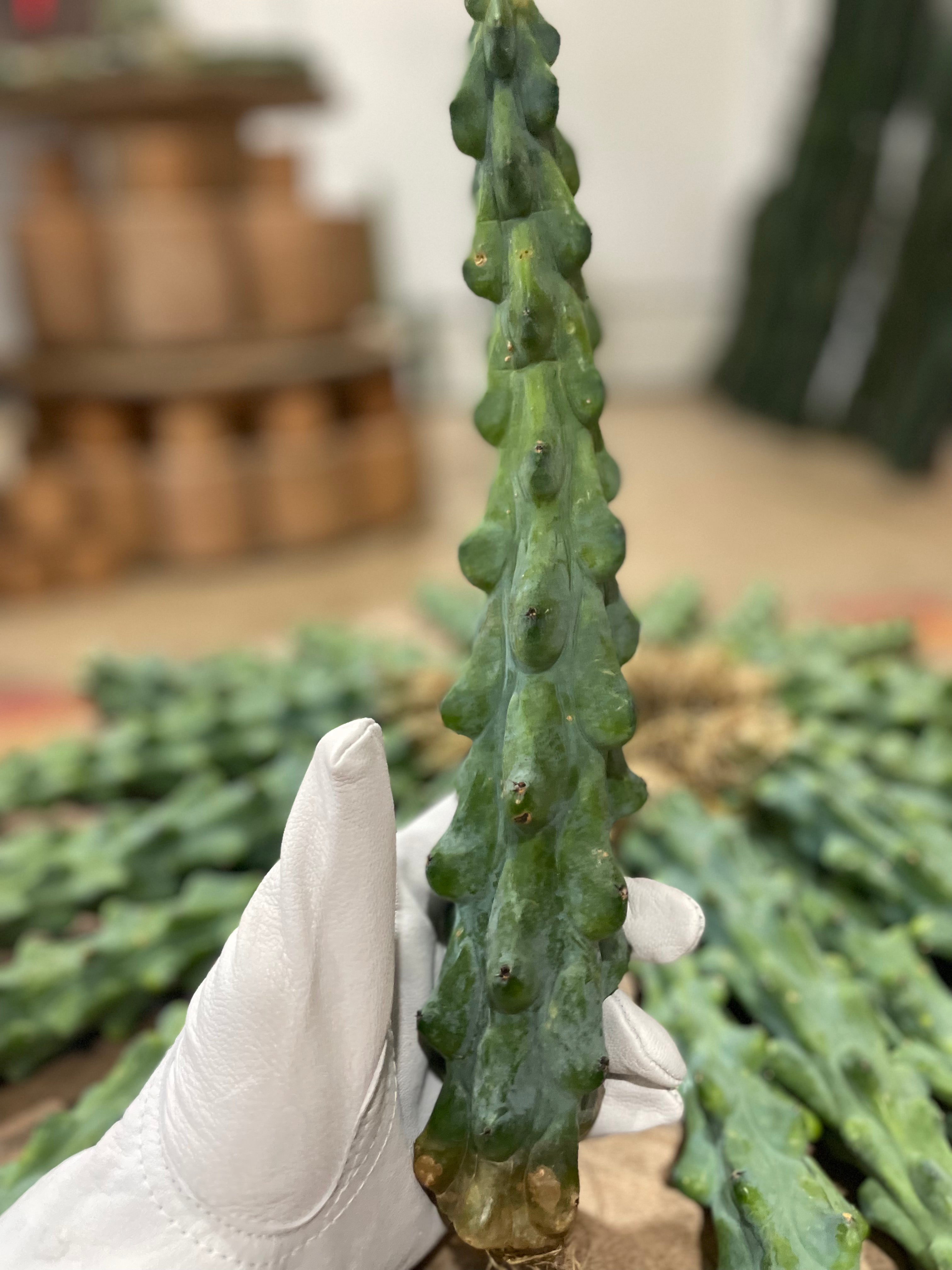
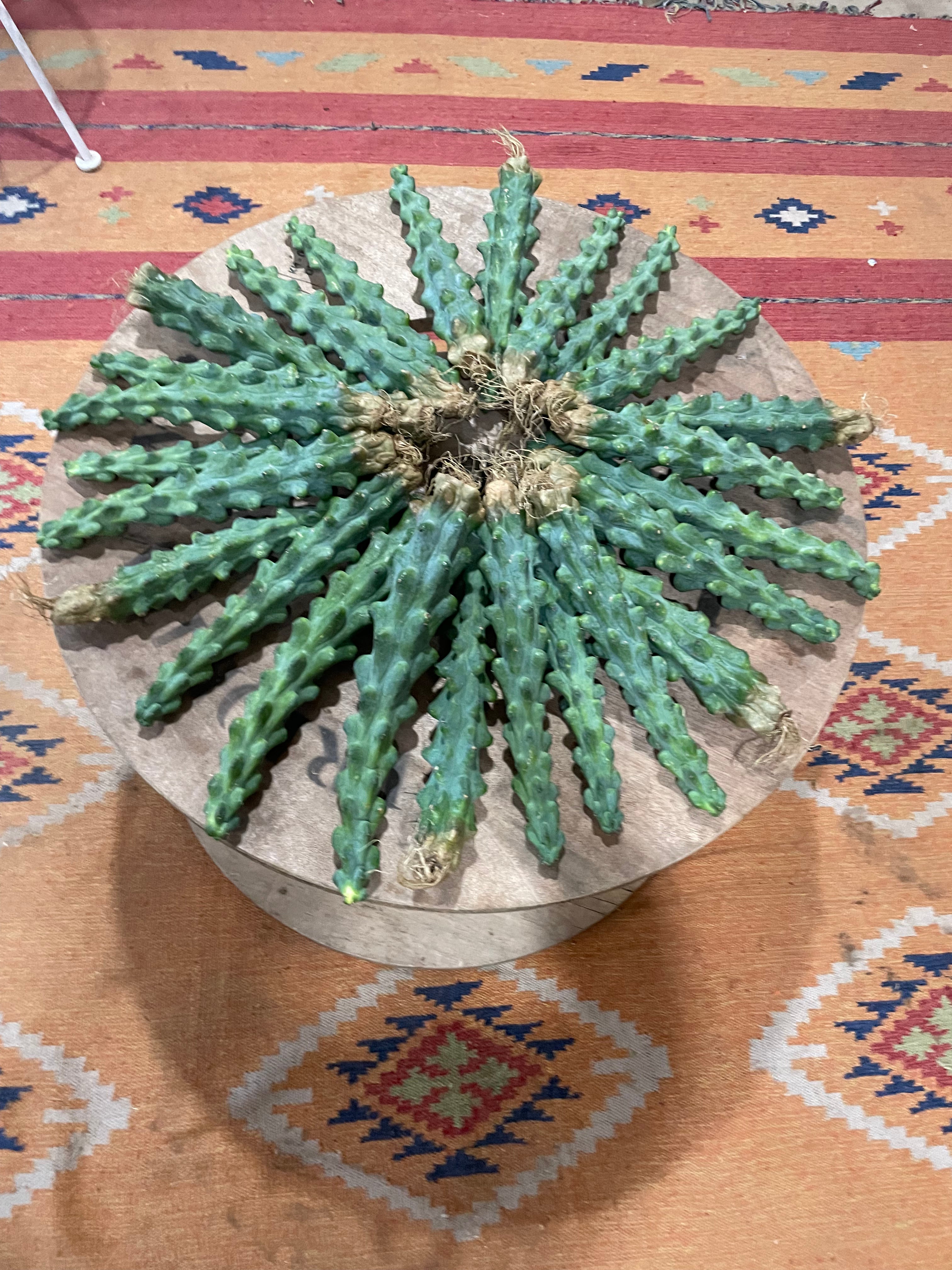
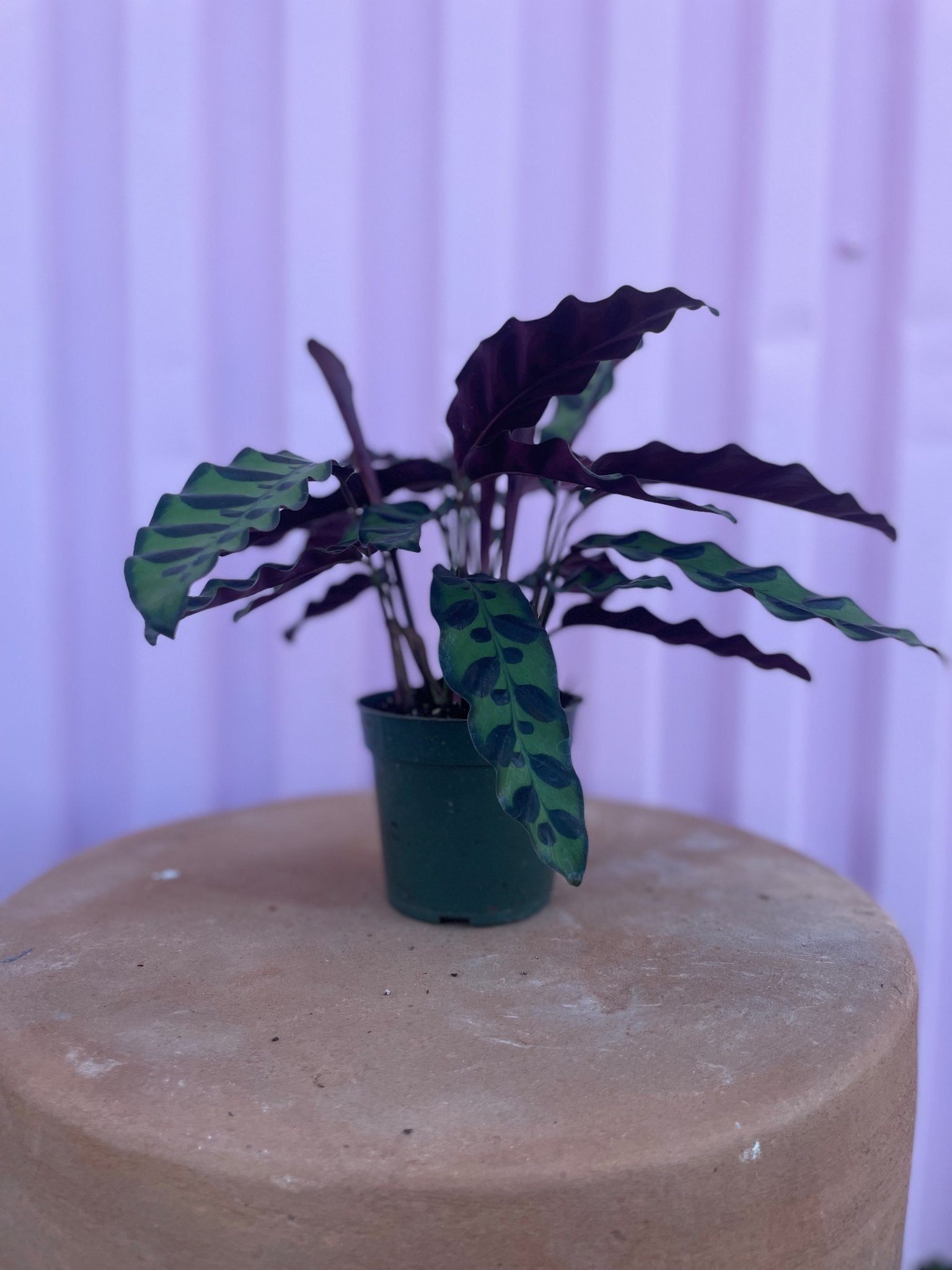
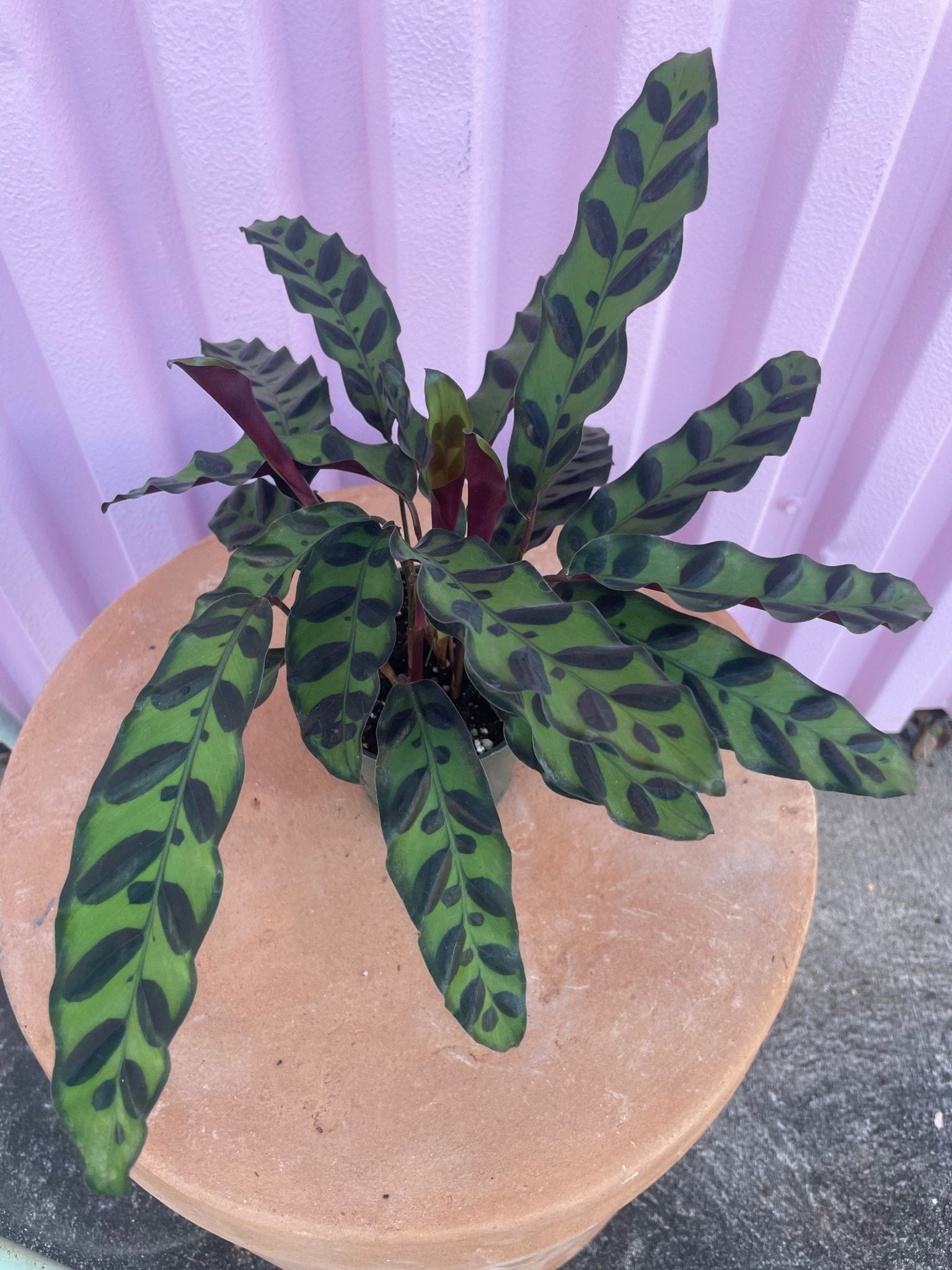
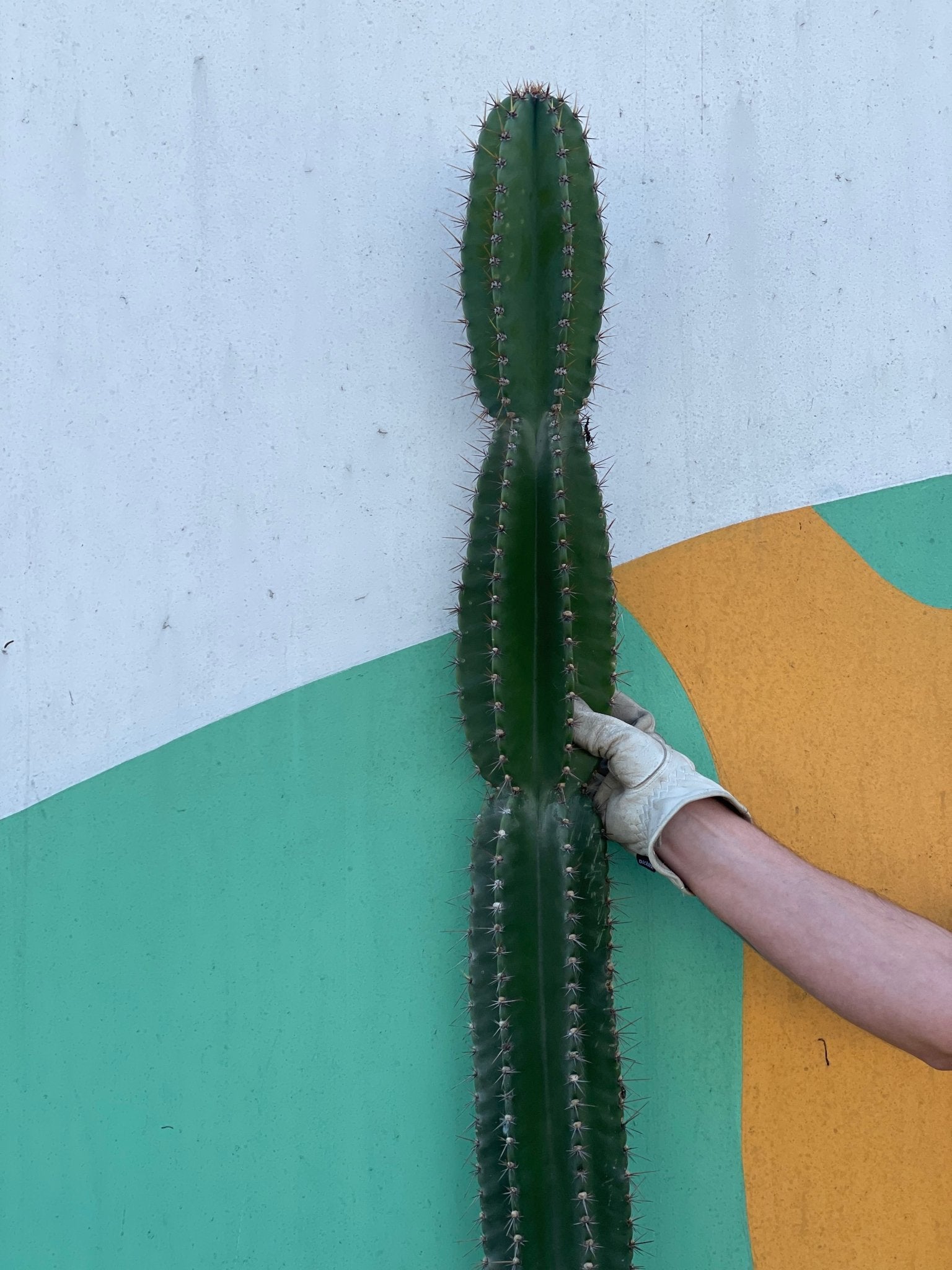
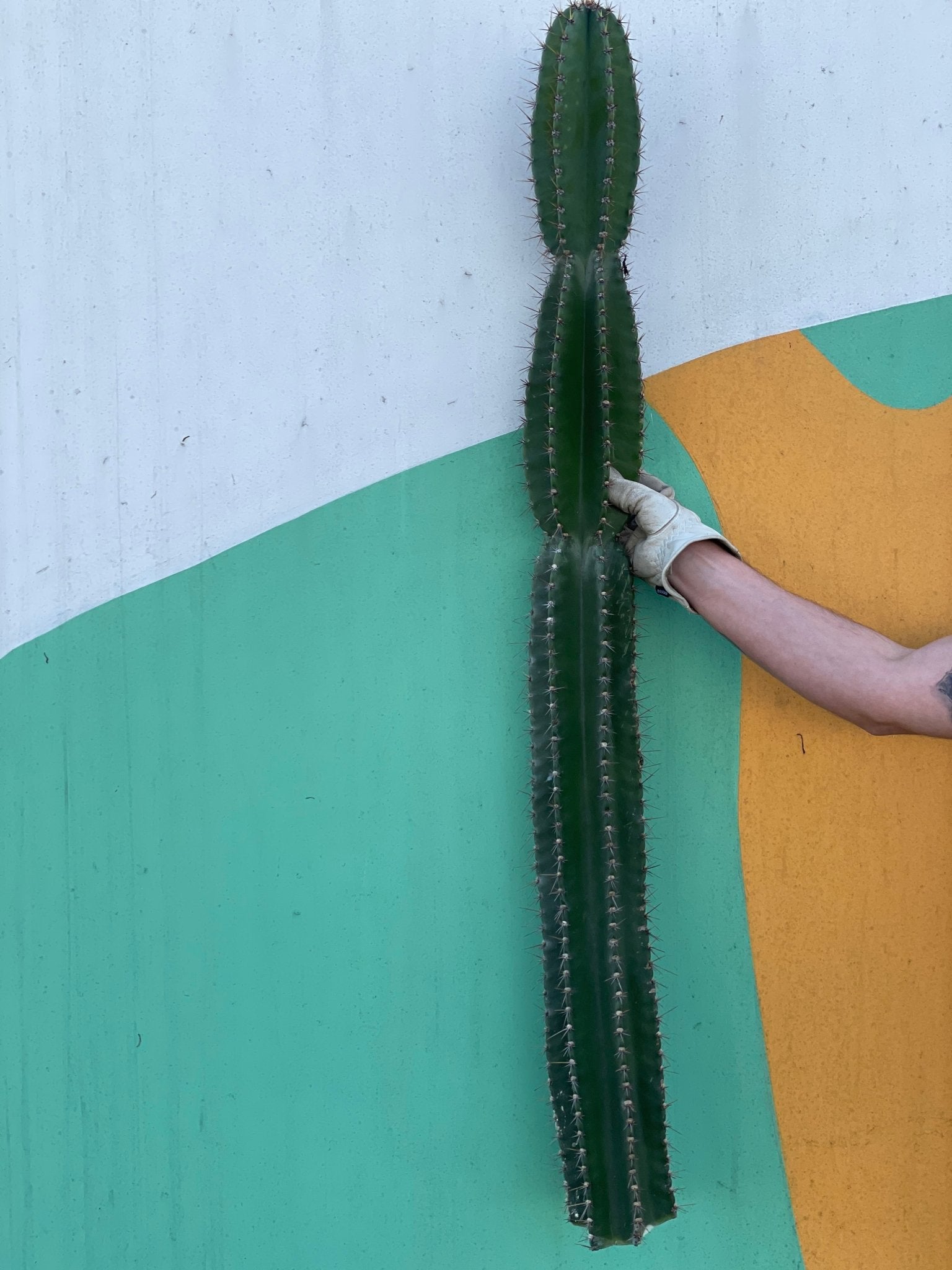
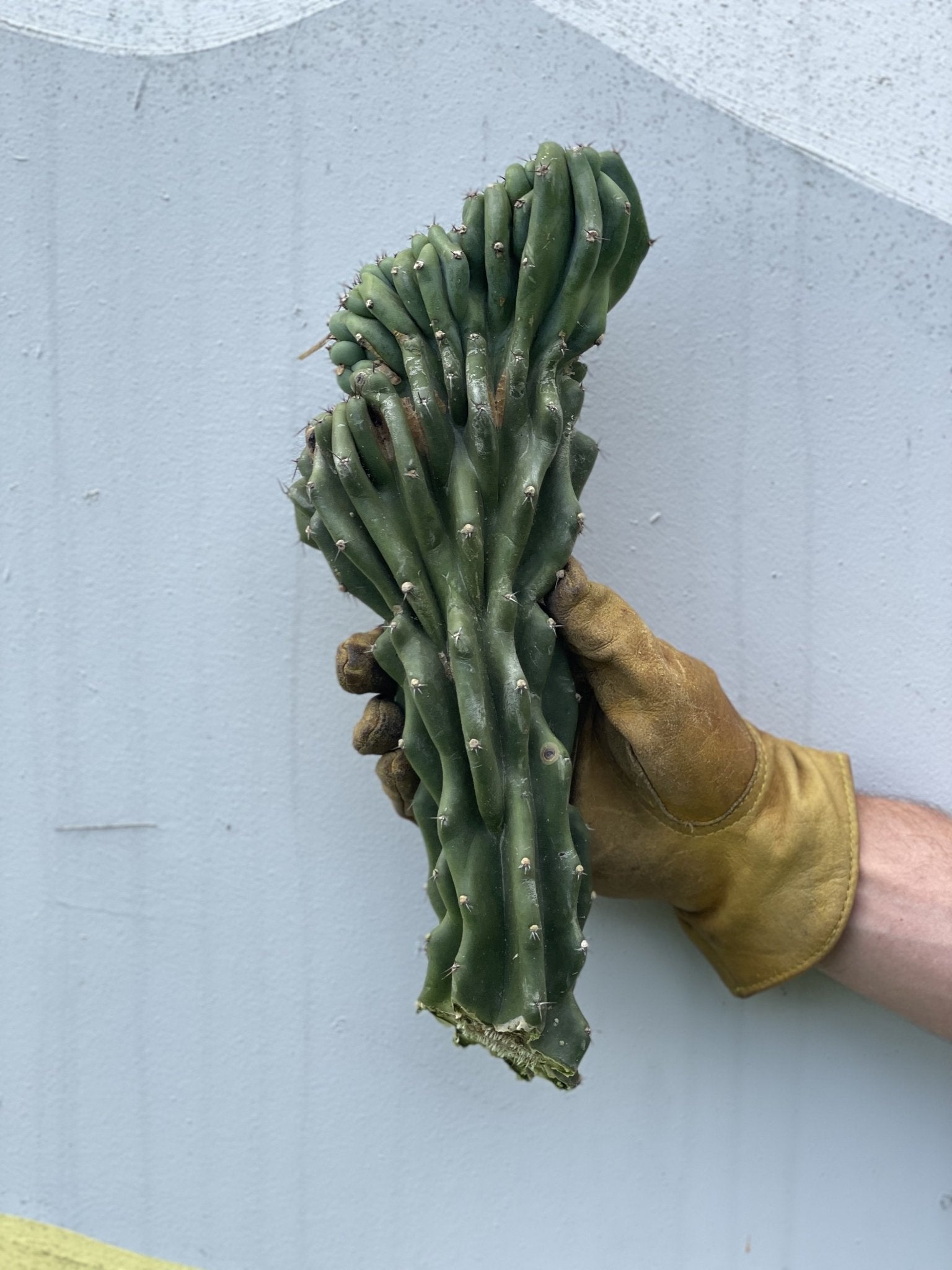
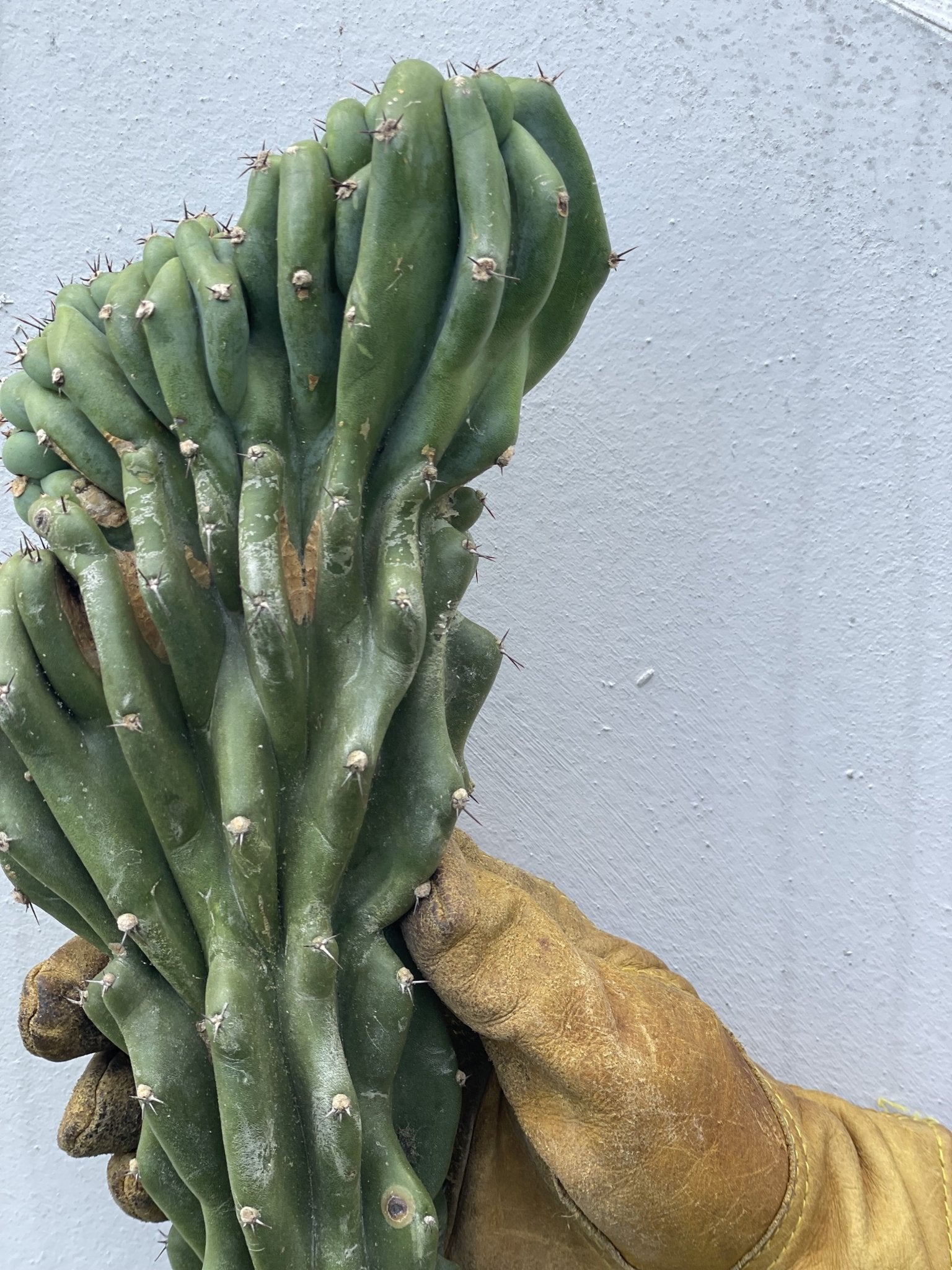



Leave a comment